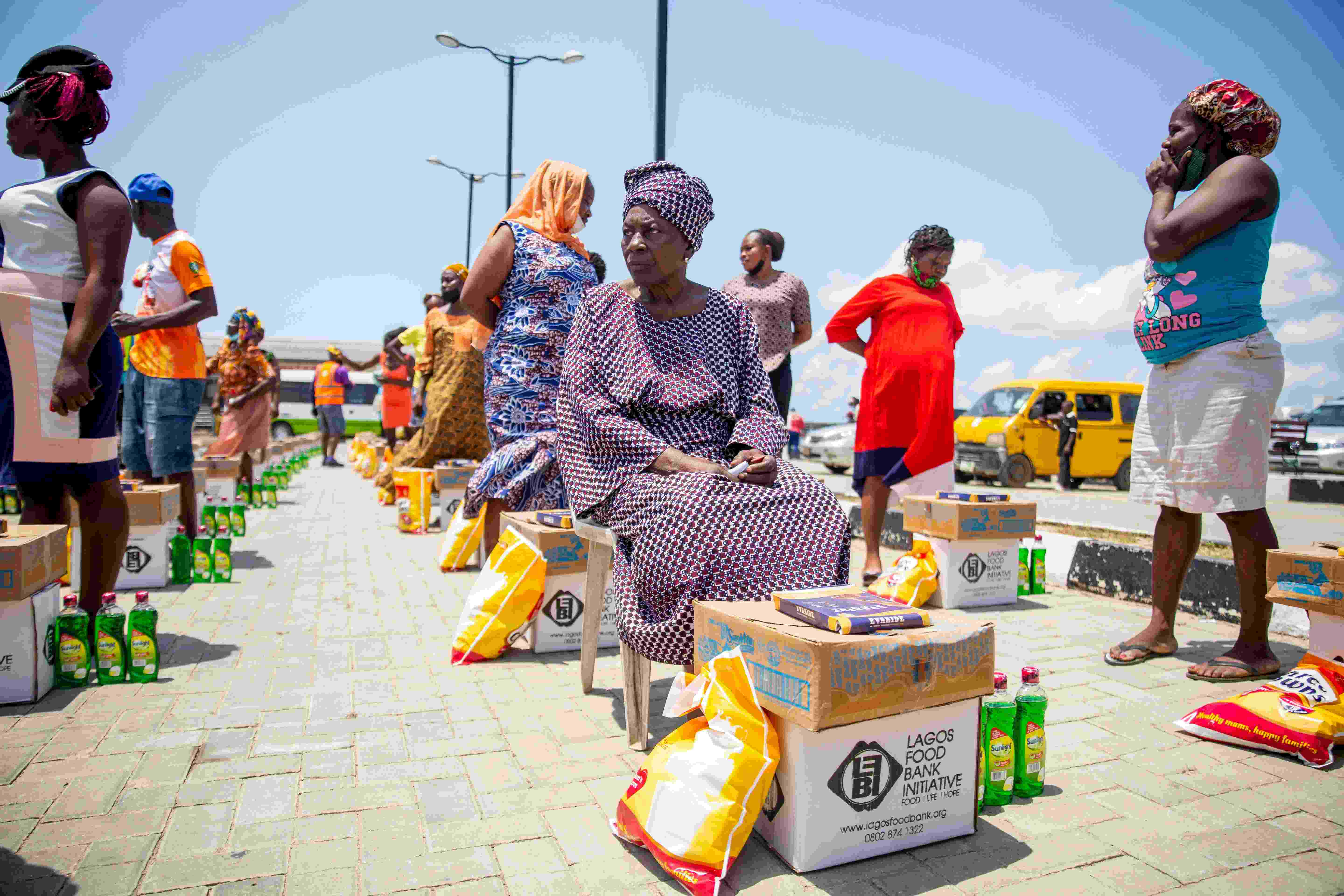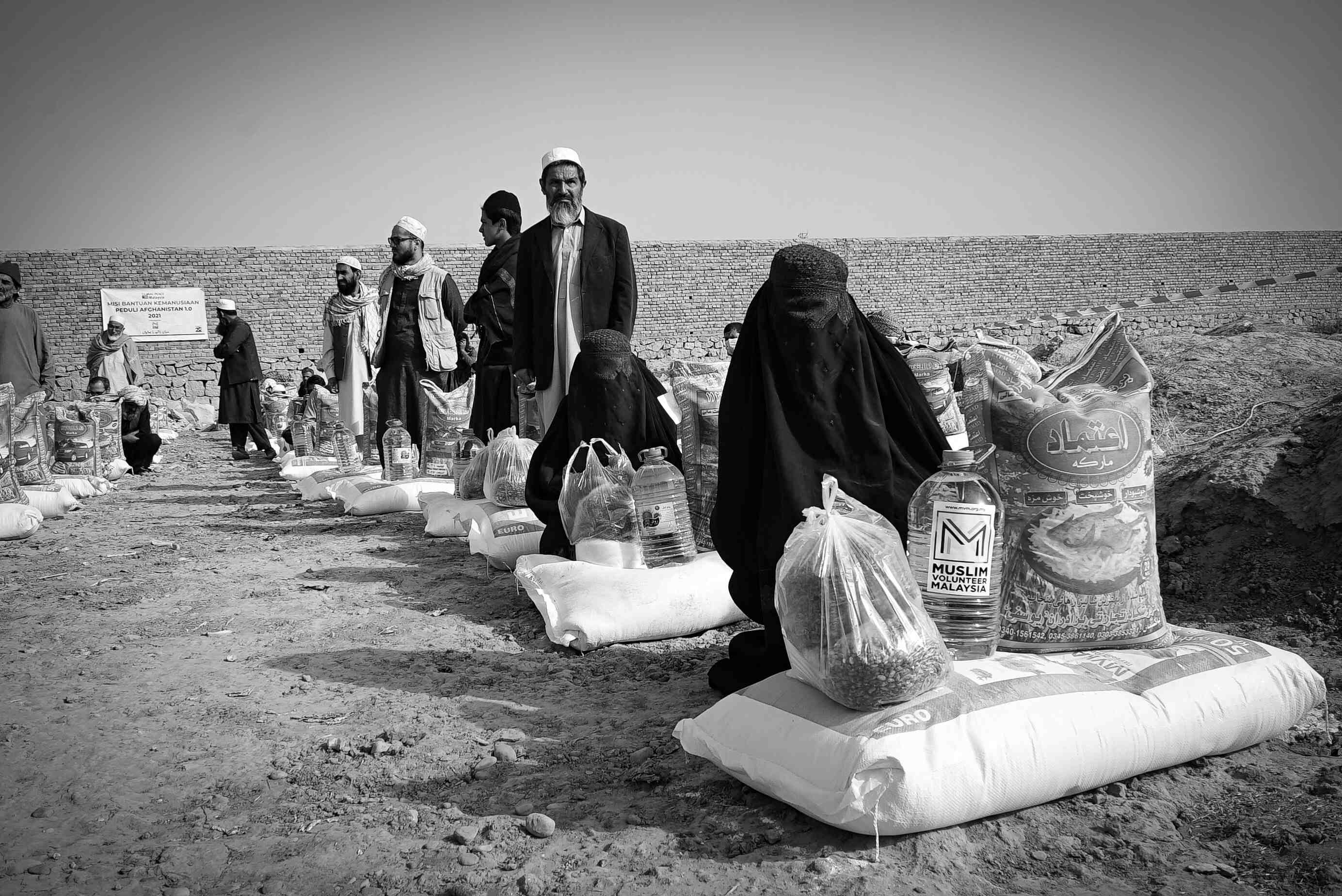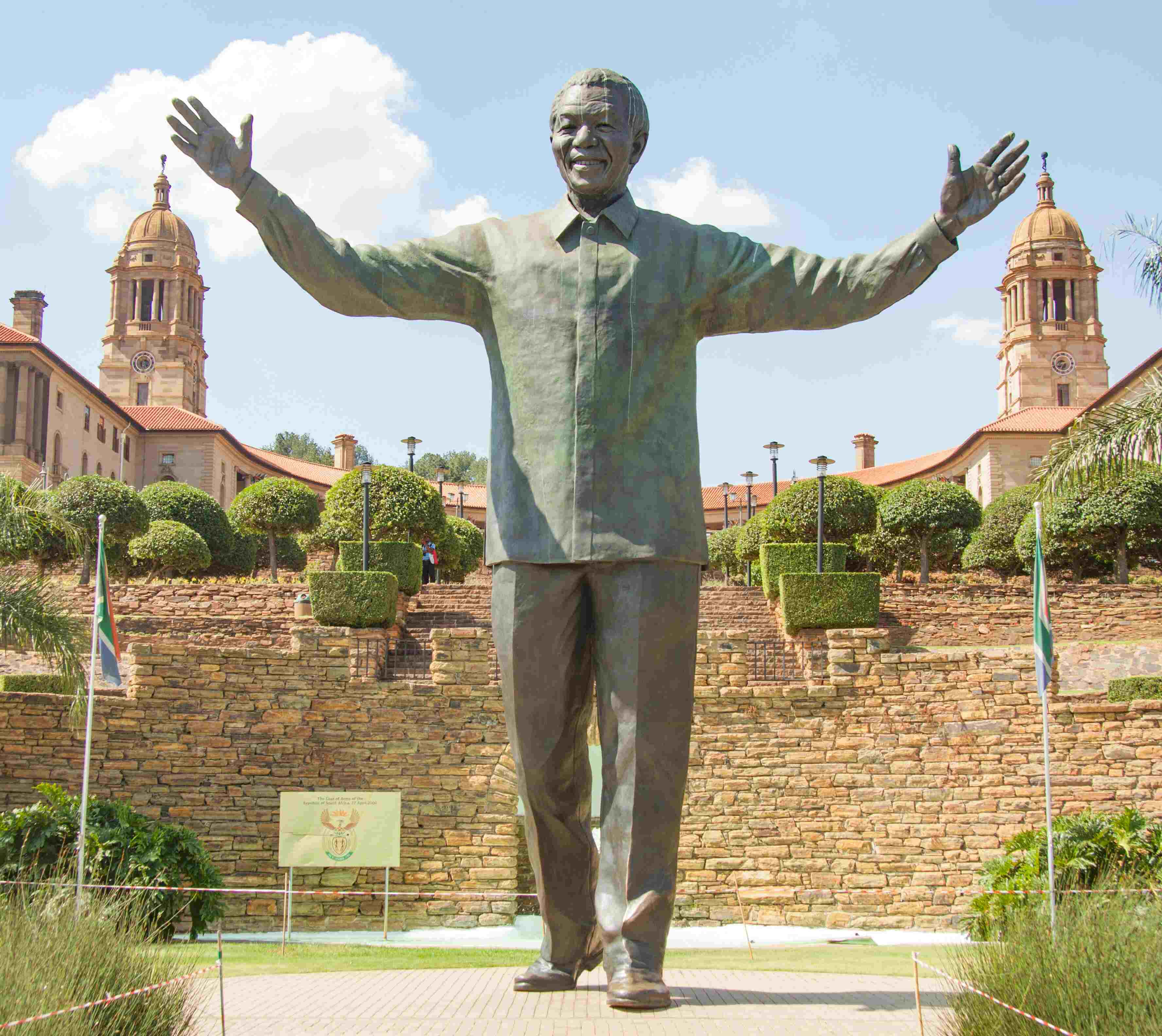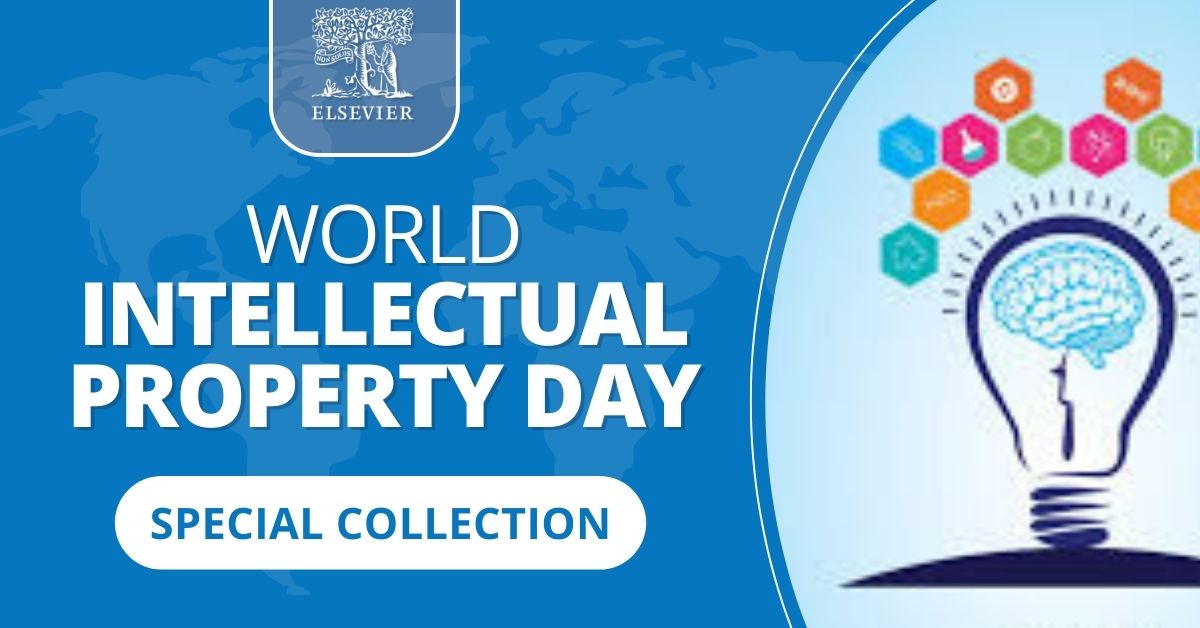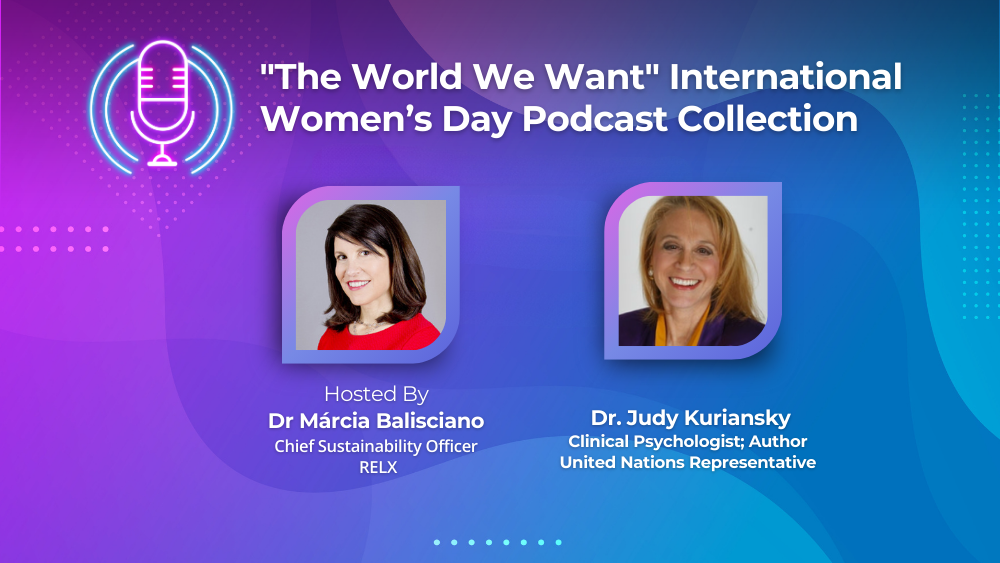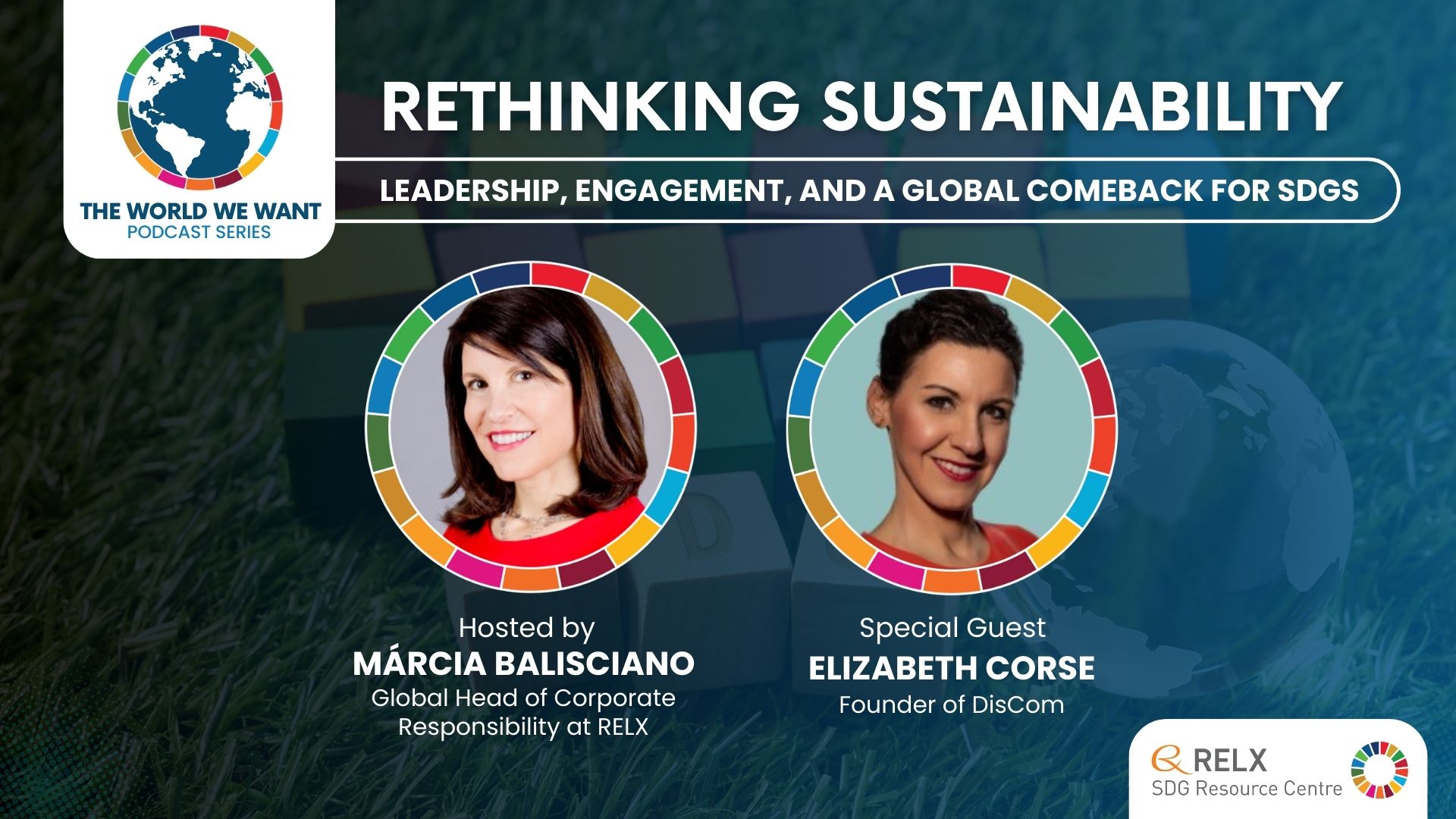Institutional frameworks and international cooperation play a crucial role in driving sustainable development. This concept is tightly interwoven with the United Nations' Sustainable Development Goals (SDGs), a set of 17 interlinked global objectives designed to achieve a better and more sustainable future for all. Instituted in 2015, the SDGs recognize the interconnectedness of social, economic, and environmental sustainability, seeking to promote a holistic approach to global development. An effective institutional framework refers to the rules, practices, and systems which facilitate interactions between individuals, organizations, and governments, shaping the course and outcomes of sustainable development initiatives.
For instance, SDG 17, explicitly titled 'Partnerships for the Goals', underscores the necessity of revitalizing global partnerships to harness resources and knowledge necessary for achieving the SDGs. It calls for enhanced North-South, South-South, and triangular regional and international cooperation on science, technology, and innovation, highlighting the role of multilateral institutions in fostering a global collaborative spirit. A well-structured institutional framework helps operationalize this cooperation, providing a platform for dialogue, negotiation, and shared responsibility.
Moreover, institutional frameworks play a crucial role in managing trade-offs and conflicts between different SDGs. For instance, the push for economic development (SDG 8) could potentially conflict with responsible consumption and production (SDG 12) or climate action (SDG 13). A robust institutional framework allows for the negotiation of these conflicts, ensuring that progress in one area does not undermine another.
Furthermore, international cooperation in sharing data, best practices, and experiences is vital in achieving the SDGs. The effectiveness of such sharing depends largely on the strength and adaptability of institutional frameworks. For example, institutions like the World Bank, International Monetary Fund, and United Nations Environment Programme offer platforms for international cooperation and knowledge sharing. They also provide technical and financial support to countries, particularly developing ones, enabling them to implement the SDGs effectively.
World Humanitarian Day 2026
World Humanitarian Day is dedicated to recognizing humanitarian personnel and those who have died working for humanitarian causes. Designated by the United Nations General Assembly as part of a Swedish-sponsored resolution, this day is observed on August 19th. It commemorates the anniversary of the bombing of the UN Headquarters in Baghdad, which claimed the lives of Sérgio Vieira de Mello, the Special Representative of the Secretary-General to Iraq, and 21 of his colleagues.
World Humanitarian Day 2025
World Humanitarian Day is an international day dedicated to recognizing humanitarian personnel and those who have died working for humanitarian causes. Designated by the United Nations General Assembly, this day honors the efforts of those who risk their lives in the service of others. Observed on August 19th, it commemorates the tragic loss of Sérgio Vieira de Mello, the then Special Representative of the Secretary-General to Iraq, and 21 of his colleagues in the bombing of the UN Headquarters in Baghdad.
2025's Nelson Mandela International Day: Celebrating Unity and Service
Celebration and Recognition
Nelson Mandela International Day is celebrated annually on July 18th, Mandela's birthday, honoring his legacy and the values he stood for. In 2025, this day calls upon individuals worldwide to dedicate 67 minutes of their time to community service, reflecting the 67 years Nelson Mandela devoted to fighting for social justice.
Origin and Global Involvement
Corporate social responsibility (CSR) is perceived as a valuable practice by business organizations to demonstrate their commitment towards social, economic, and environmental causes, and it actively contributes towards the well-being of the community at large. CSR as an ethical practice has gained considerable attention in the last decades as it contributes to sustainable development and maximizing organizations business performance. It reflects the top management’s vision and values and thereby also allows the firm to differentiate itself from its competitors.
World Intellectual Property Day, observed each year on 26th April, is an opportunity to celebrate the contributions made by inventors and creators around the world and to explore how IP contributes to a flourishing of music and the arts and to the technological innovation that helps shape our world.
Mapping the vulnerable: A framework for analyzing urban social vulnerability and its societal impact
Societal Impacts, 2024, 100049
This research communication presents a robust framework for assessing urban social vulnerability (USoV) and associated risk assessment criteria, and underscores its policy implications. The framework integrates exposure, sensitivity, and adaptive capacity dimensions to construct the USoVI. Applied to 146 urban centers in West Bengal, utilizing diverse indicators and advanced GIS mapping, the framework reveals elevated vulnerability levels and socio-economic disparities. Better understanding of vulnerabilities and guidance in addressing them is imperative so that effective and context-specific interventions to enhance urban resilience and alleviate vulnerability can be developed.


